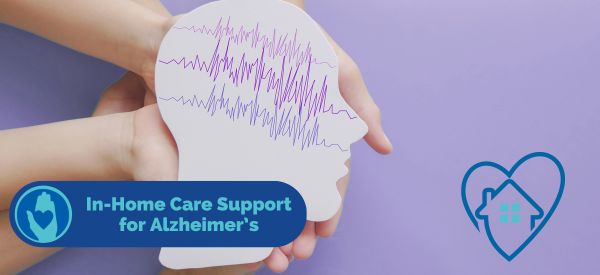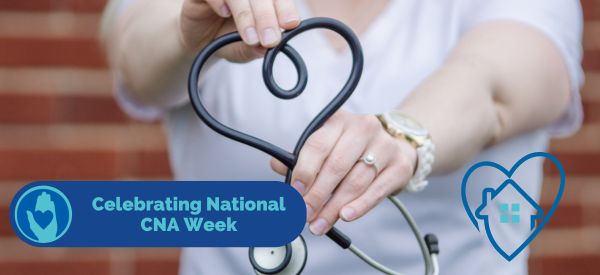With Talk About Your Medicines Month (TAYMM) in full swing, there is no better time than now to have a conversation about medications.
This year for TAYMM, the National Council on Patient Information and Education (NCPIE) is highlighting the importance of knowing how different foods and drinks may affect different medicines with the “Think Before You Drink” theme.
While this is true with individuals of all ages, it is especially important in older adults, as aging increases sensitivity to alcohol and medications’ effects. According to NCPIE, there are at least 150 medications that will not work effectively when alcohol interacts with them.
Because seniors are generally taking more medications and often have multiple providers, the risk for medication interactions, misuse and abuse, is higher. Holly Divine, PharmD, CGP, CDE Clinical Associate Professor at the
University of Kentucky
College of Pharmacy notes that of older adults’ hospital admissions, 10.7 percent are associated with adverse drug reactions (ADRs). In addition to this, about one in three older individuals with five or more medications experience one adverse drug event each year, two-thirds of which require medical attention.
This is because bodies change as people age and this affects the way different nutrients are absorbed. Everything from weight, exercise and circulation plays an important part in how medicine is broken down and used.
In addition to the advice, senior care near Chicago can provide, both the NCPIE and Federal Drug Association offer a wealth of tips and guidance for those looking to manage their medication safely, including:
- Make A List and Update It Twice
Create a list of all prescriptions, as well as dietary supplements, vitamins and over-the-counter medicines and be sure to update it when any changes occur. Mark October down on the calendar as a yearly check-up month. Get rid of old medicine and talk to your loved-one’s medical professional about any questions you have concerning the purpose of the drug, the best way to take it and what could happen if it’s not taken as prescribed.
- Talk It Out
Whenever there is a doctor appointment or pharmacist visit, bring the list of medications and review it with them for possible interactions. Talk about drinking habits and inquire which drugs might be affected most by alcohol. Health care professionals will be able to provide the best guidance and direction when they are aware of your senior’s habits and lifestyle.
- Stick to the Script
Check the labels on medications, read the directions and see if they are followed. If your elder is using senior services in Chicago that provide in-home care services (like our Wellness Tracking System), be sure to talk about the instructions and make sure everyone is on the same page and the drugs are being administered as prescribed.
- Get Organized
In addition to their use of a pillbox, calendar or telemedicine, help your mom and pop keep track of medications better by encouraging a set routine. Having a system is a great way to promote consistency in medication use. Also, keep a notebook or journal for them specifically for information from the doctor or pharmacist in which you can note any new medication reactions.
- Consider Chicago Senior Home Care
If all of this seems like a little too much, a trained professional can provide support to help keep your elder on track. Caregivers offer compassionate, reliable and personalized in-home assistance, and safe medication management is a top priority! Give us a call at Freedom Home Care and see how we can best support and encourage your family member.




